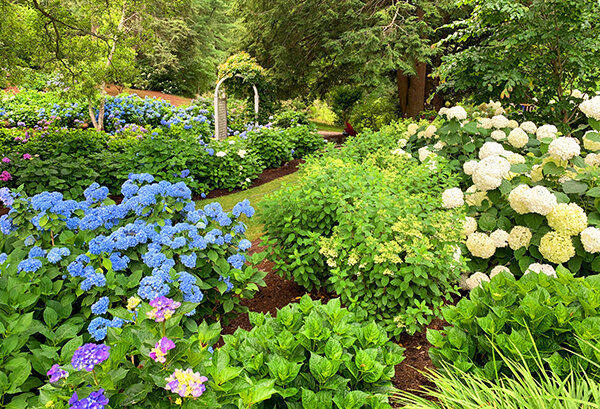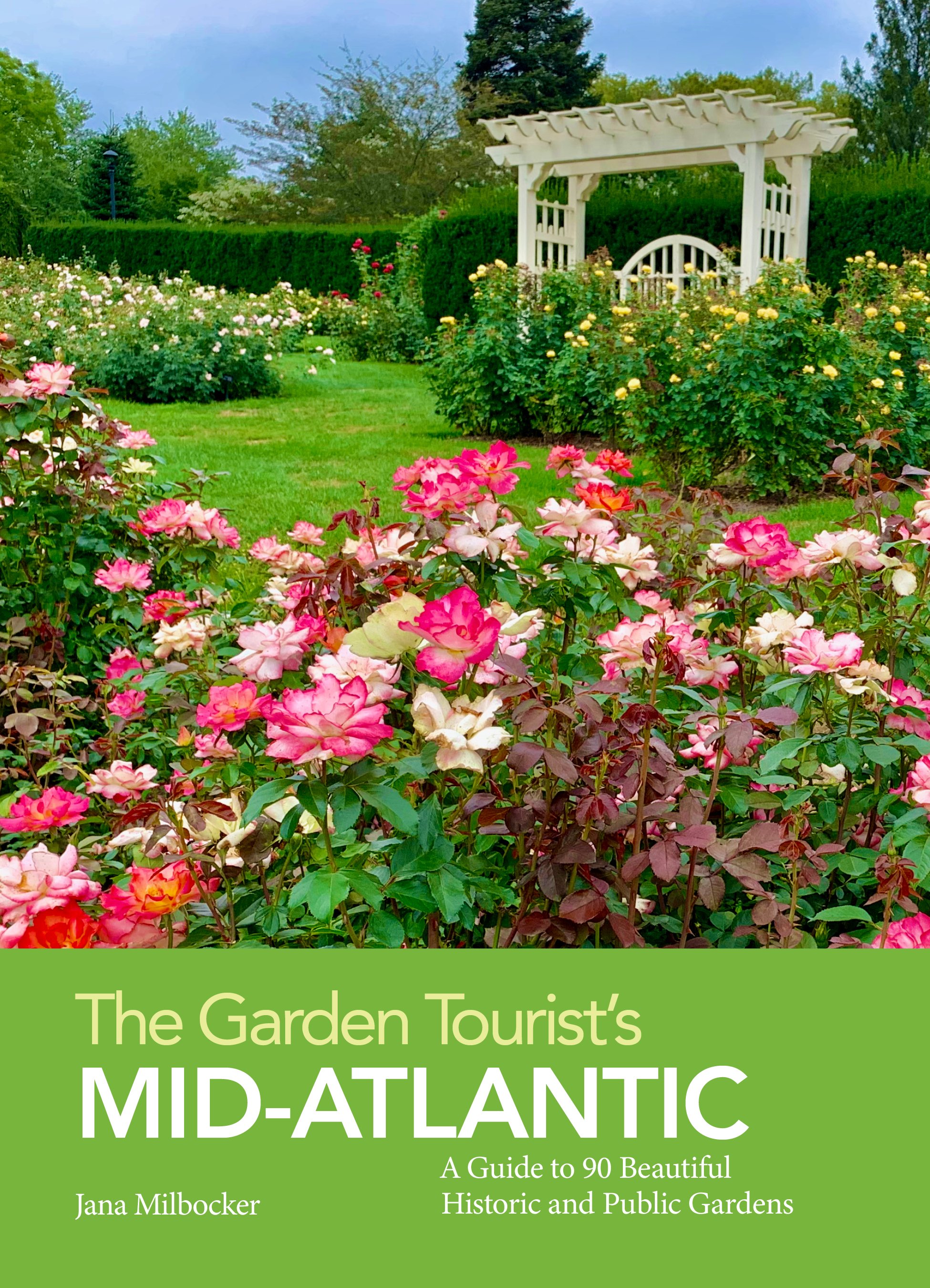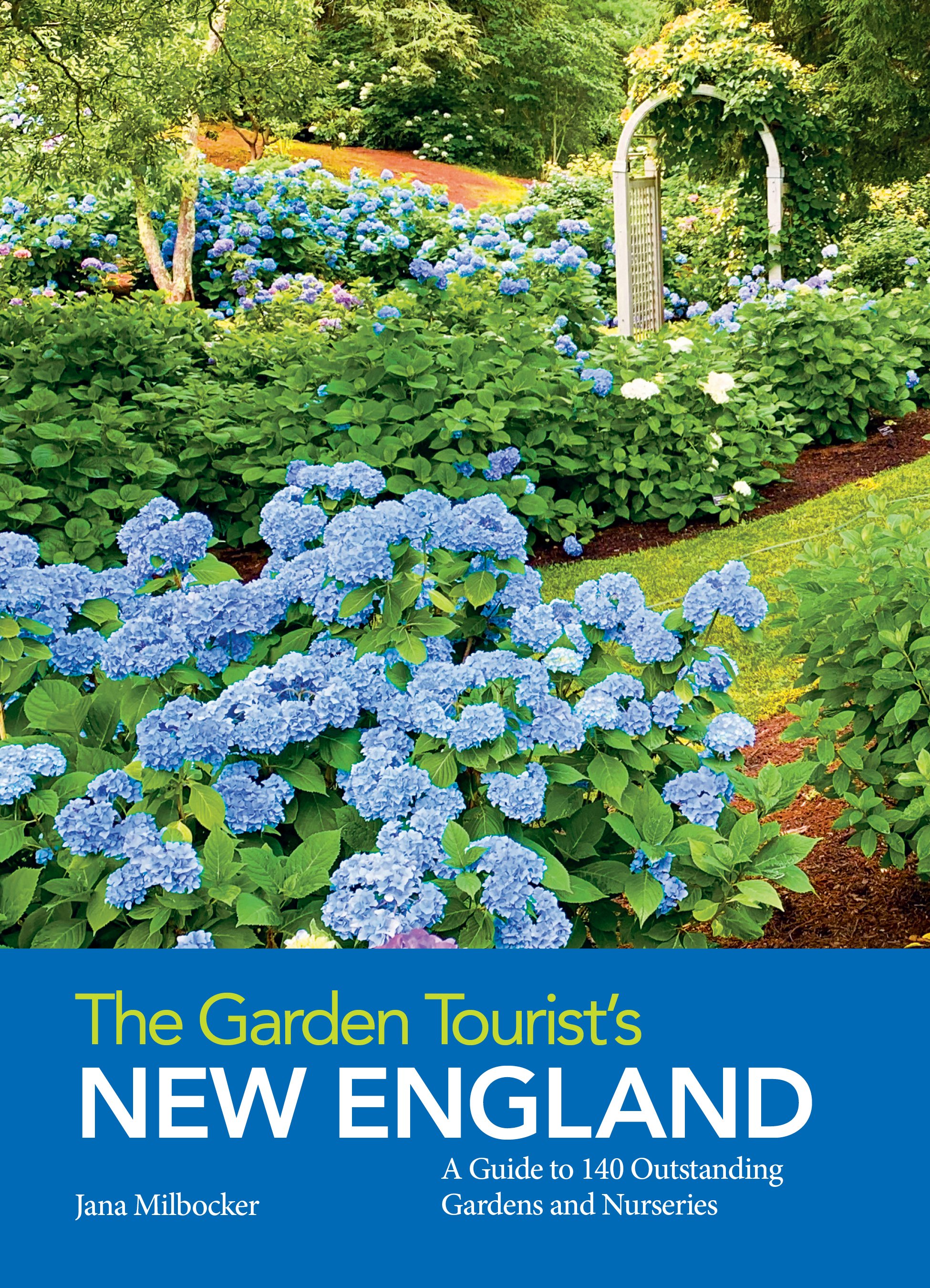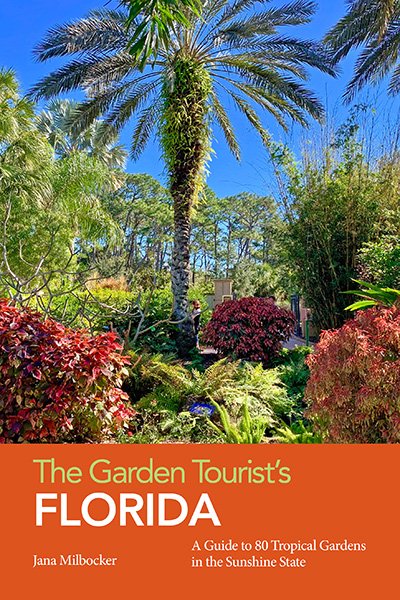Shady Partners
/Garden tours provide a wonderful opportunity to view private gardens, discover new plants, and meet the garden owners that have created these beautiful retreats. Sometimes the most interesting gardens are the smallest, such as this Sterling garden that I toured on the Garden Conservancy's Worcester, MA Open Day in late July.
The owner, who had served as a docent at Tower Hill Botanic Garden, had accumulated an intriguing collection of plants for her mostly shaded garden. My friend Julie and I were stumped by some of these rare beauties, and had to research them once we got home and add them to our own wish lists.
The real success of the plantings came from her artistic eye, as she grouped these shade plants for wonderful effect. Here are a few glimpses of her shady paradise:
A show-stopping mass planting of hakone grass (Hakonechloa 'All Gold') in the front yard.
An informal path leads the way to a shady backyard retreat filled with arresting combinations of perennials and shrubs.
The round, waxy leaves of Ligularia are set off by the delicate fronds of Japanese Painted Fern
A rough-hewn granite column markes the entryway to the back yard, surrounded by hosta and sineilesis.
he glossy marbled leaves of bessia calthifolia complemented by ferns and epimediums. Bessia is a Chinese native of the Ranunculus family, brought to the US by Dan Hinkley in 1996 and introduced to the American market through Heronswood Nursery.
he large maple-like leaves bearing red fruits of Golden Seal (Hydrastis canadensis) stopped us in our tracks. Golden Seal is native to the Northeast, and is extensively used in herbal medicine.
n unfailing trio for the shade: any combination of heucheras, hostas and ferns. The plants in this garden were incredibly robust thanks to the owner's annual application of a thick layer of home-made leaf mulch.
A trio of young Paw Paw trees intrigued me as I had just received a pair of Paw Paw sapplings last summer. Paw Paws are native to North America and produce a large fleshy fruit with a flavor similar to mangoes and bananas.
For more information about the Open Days program, visit The Garden Conservancy's website: https://www.gardenconservancy.org/.













